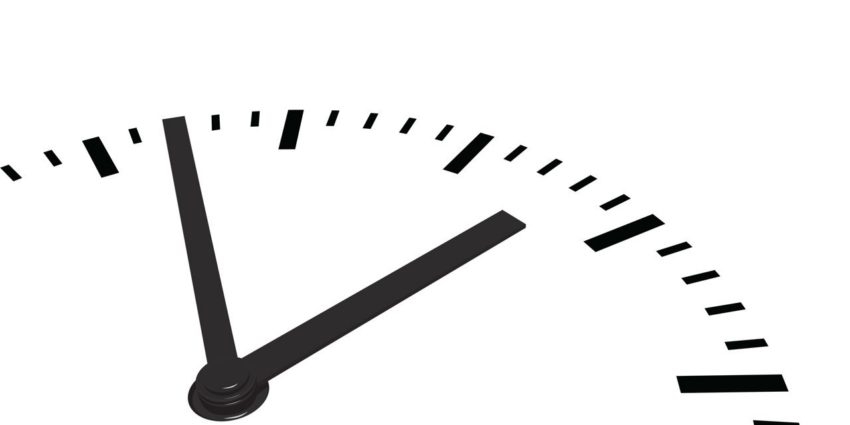Since the end of the Cold War, the rise of the United States as a unipolar hegemon, and the string of military ventures it launched after the 9/11 attacks, popular and scholarly efforts to understand and deploy the concept of imperialism have been plentiful. Its utility as a theoretical tool for highlighting certain forms of political and economic violence, domination, and exploitation seems clear, as does its polemical value in practical political struggles over foreign policy. Regularly juxtaposed against sovereign state rule, modern imperialism conjures the sense of moving beyond the pale of legitimate political activity and carrying aspects of rule beyond their prescribed limits. In essence, imperialism is conceived of as beginning at the point where legitimate rule ends. In spite of its usefulness, this conventional way of thinking about when imperialism begins – its temporality – carries some usually unrecognized drawbacks and complications. My recent article in Politics, “Temporality, sovereignty, and imperialism: When is imperialism?” explores these limitations and provides an alternative means of conceptualizing imperialism by rethinking its temporality.
One of the key problems with imperialism’s conventional temporality is its effects on how we perceive state sovereignty. By externalizing imperialism from sovereignty and diminishing our ability to see their continuity, this conventional temporality helps normalize state rule over a given people and territory by manufacturing a kind of “givenness” to that rule (what RBJ Walker calls a “discourse of eternity” and Paul Kramer refers to as a “spatial ideology”). It reifies the state, naturalizes and reinforces its mechanisms of social control, violence, and legitimation, and thus helps (however inadvertently) sustain the “internal” inequalities and dominations that comprise a given state’s rule. While this conception of imperialism opens up possibilities for understanding and challenging great harms inflicted outside of state borders, it simultaneously undermines our ability to consistently understand and challenge comparable harms within those borders, especially when there are continuities between the two.
To get around such limitations, I develop an alternative “critical” temporality of imperialism. Instead of framing imperialism as emerging beyond the limits of state sovereignty, I argue for why we should think of sovereign state rule as always-already imperial in character. Emphasizing the continuity of imperialism and sovereign state rule with regards to many of imperialism’s ostensibly defining characteristics (such as scalar power distributions, brutality, economic exploitation, hierarchically differentiated groups, and vulnerability of subject populations), we see that imperialism is something that always-already emerges in the process of constituting sovereign state rule in each moment. Highlighting the work of Charles Tilly, radical Chicano and Black scholars who have used the idea of “internal colonialism” as a lens for explaining the formation and maintenance of systems of racialized inequalities, as well as historical scholarship on the imperial relationship between the expansionist Sunbelt cities in the U.S. and their exploited hinterlands, I argue that imperialism is part and parcel of state sovereignty rather than something beyond it. This critical temporal shift lets us retain imperialism as a useful explanatory and normative tool for highlighting forms of violence, exploitation, and domination beyond state borders. At the same time, it opens up its use for critiquing forms of violence, exploitation, and domination within those borders.

